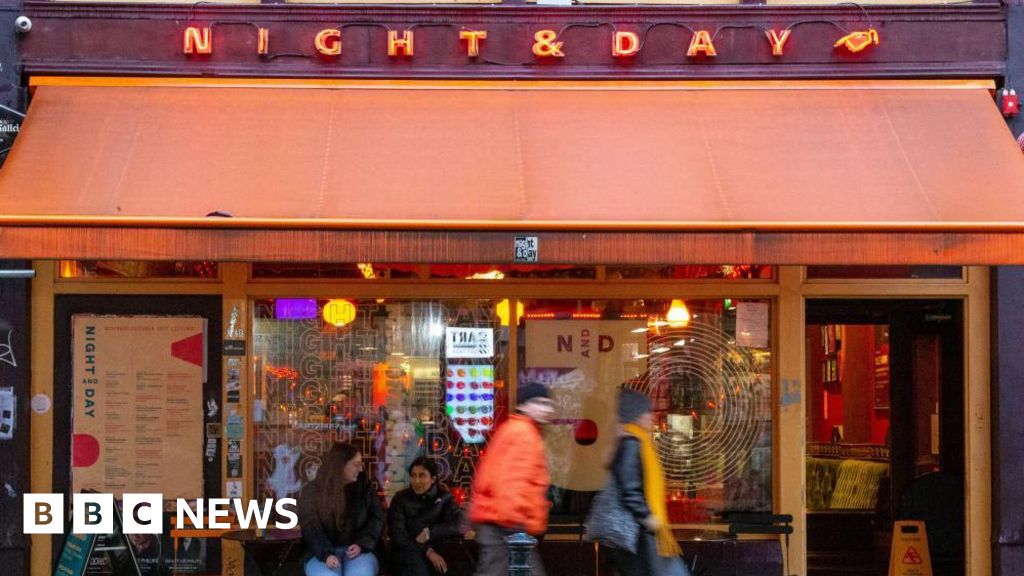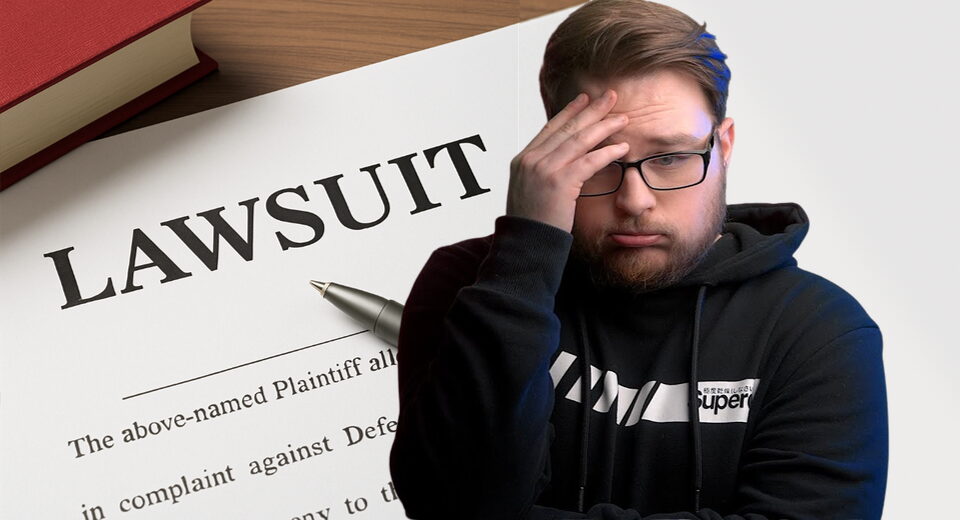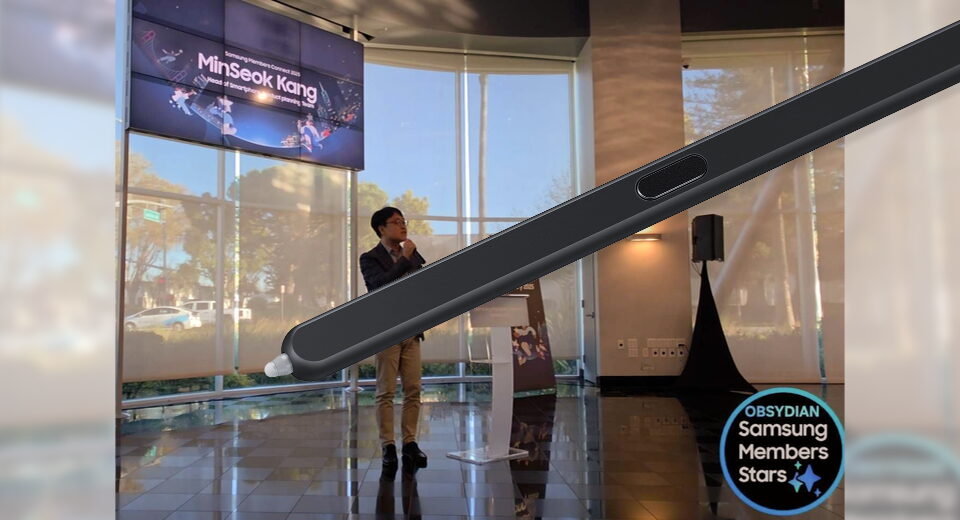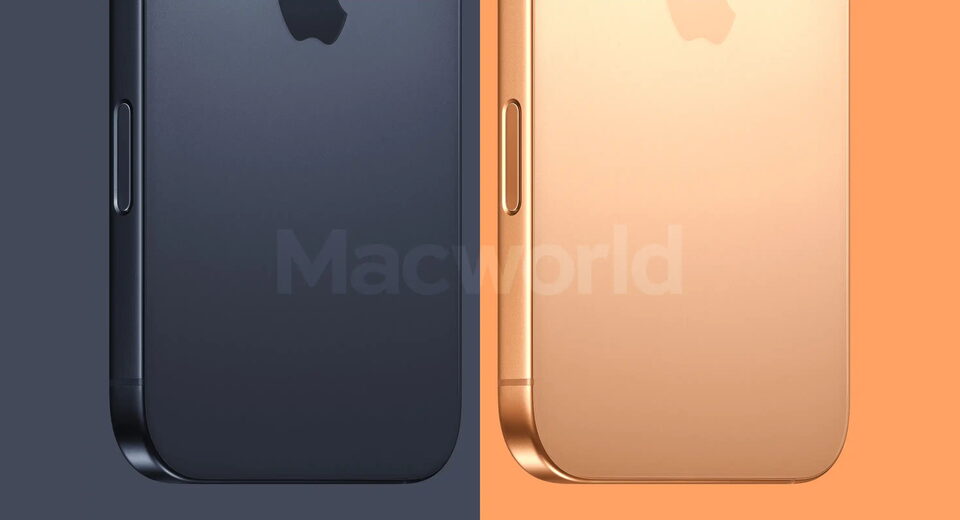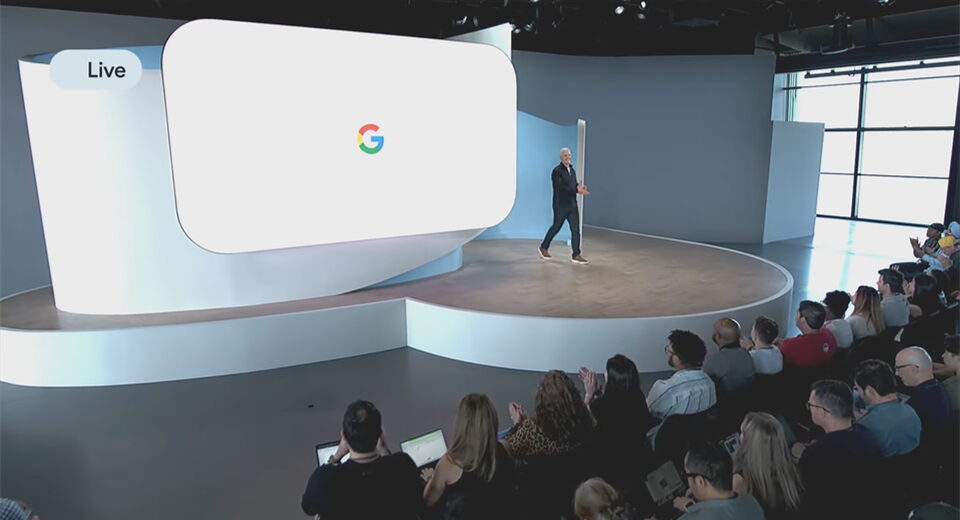What Went Wrong for Yahoo

What went wrong for Yahoo
Dave Farquhar Retro ComputingReddit calls itself the front page of the Internet. But for a good decade or even a decade and a half, Yahoo had as legitimate of a claim as any to the title of front page of the Internet. On July 25, 2016, Yahoo met an inglorious end as an independent company, selling out to Verizon for $4.8 billion. That makes today as good of a day as any to look at what happened to Yahoo, the first front page of the Internet.
How far Yahoo fell

At the time, Forbes called it the saddest $5 billion deal in tech history, noting Yahoo was once worth $125 billion. Its 1996 IPO was highly anticipated, giving it a market capitalization of over $1 billion within an hour. The stock price cooled over the course of the day, settling at $33 per share, valuing it at closer to $750 million. Still, it was a good showing for a company that hadn’t turned a profit yet.
Yahoo was founded as “Jerry’s Guide to the World Wide Web” by Stanford University students Jerry Yang and David Filo in January 1994. In March 1994, they changed its name to Yahoo. Initially the page was hosted at Stanford and its URL wasn’t easy to remember. It was common for college students to place a link to Yahoo on their own home pages so they’d be able to find it from any computer.
Yahoo incorporated as a company on March 2, 1995, and the commercial version of its web site containing advertising launched in August 1995.
Early Yahoo was little more than a curated collection of links, but with search engines still in their infancy, it served a very useful purpose. It called itself a directory or a portal. Today when you want to know about something, you enter a question into a search engine. In 1995, it was often easier to just go to Yahoo, click on a category, then follow a trail into subcategories until you found your ultimate destination. And you might find some other interesting stuff as you searched. Or not, with this being the very early days of the Web. after all.
Yahoo recognized that to remain the most popular page on the Web, they’d have to provide more content. Being the Internet’s phone book was a vital and necessary function in 1995, but ideally the Internet wouldn’t need a phone book. So Yahoo started producing content and acquiring companies who produced content and folding their services into Yahoo.
By 1996, Yahoo turned its first profit. Other profitable quarters followed. The dotcom bubble hurt Yahoo just like it hurt most doctoms, and Yahoo’s share price bottomed out at $8.11 per share September 26, 2001, approximately 1/3 of its asking price at the start of its IPO. But that was better than most of its dotcom bretheren fared, and if you were going to invest in technology stocks, the four safest investments at the turn of the century were Yahoo, Amazon, AOL, and Ebay. Or so it seemed. Amazon and Ebay ended up faring much better than AOL and Yahoo.
So what went wrong for Yahoo?
Yahoo’s revenue came from traffic. So to maintain its revenue, Yahoo did everything it could to keep getting traffic. And if they could gain traffic by acquiring a popular site, they’d acquire a site. The problem was, they didn’t always distinguish between profitable traffic and unprofitable traffic. Yahoo spent $10 billion acquiring Broadcast.com and Geocities.com, two popular sites that lost money. Yahoo couldn’t figure out how to make either of them profitable and ended up closing both of them down, with nothing to show for spending $10 billion.
It’s hard to find a deal that rivals either of those two notorious acquisitions. Arguably the third worst would be Tumblr, a blogging platform Yahoo acquired for $1.1 billion in 2013. But selling ads on Tumblr proved difficult, so Yahoo had no good way to monetize it. And it’s not like Yahoo could just keep doing what the former owners did. Like Broadcast.com and Geocities, Tumblr was losing money when Yahoo wrote out a 10-digit check. In 2019, Yahoo’s successor company sold Tumblr for a mere $3 million.
Between September 1997 and July 2015, Yahoo made a staggering 114 acquisitions. Some of these acquisitions provided key functionality, like search and mail and online advertising. But Yahoo’s acquisitions stood in contrast to Google’s acquisitions. Where Google’s acquisitions of Youtube and Doubleclick made a fortune year over year, the stereotypical Yahoo acquisition lost a fortune until Yahoo shut it down. Probably the majority of Yahoo acquisitions were like Dejanews, something quietly purchased, folded into a larger empire, then forgotten. But successful technology companies make good acquisitions, they don’t make a habit of making inconsequential or disastrous acquisitions.
Google and Yahoo were buying companies at the same time, so it’s not a matter of timing. Google spent its money more wisely than Yahoo.
Two deals Yahoo didn’t make but should have
Given that Yahoo bought 114 companies, it’s easy to get the impression Yahoo never saw a deal it didn’t like. But that would be wrong. Yahoo didn’t buy everything in sight. Two companies it didn’t buy stand out.
One of the companies Yahoo didn’t buy was Google itself. Making matters worse, Yahoo had multiple opportunities to buy Google and still failed to do so. In 1998, Yahoo turned down the opportunity to acquire Google for $1 million. Yahoo made six acquisitions that year, spending $107.3 million.
In 2002, Google offered to sell again for $1 billion. Yahoo hesitated and Google raised its price to $3 billion. Yahoo declined at the higher price. Google went on to become a trillion dollar company.
Yahoo attempted to acquire Facebook for $1 billion in 2006, but Mark Zuckerberg turned down the offer. Had Yahoo increased its offer by just $100 million, Facebook’s board would have forced Zuckerberg to take it. Facebook also became a trillion dollar company.
These are two tantalizing might-have-beens. For less than Yahoo spent on either Broadcast.com or Geocities, Yahoo could have owned Facebook and Google. If Yahoo hadn’t hesitated, they could have paid about the same for each of Facebook and Google as they paid to get Tumblr in 2013.
Yes, Yahoo had $1.1 billion for Tumblr but didn’t have $1.1 billion for Facebook or $1 billion for Google. It’s easy to say a company could have reversed its fortunes by buying a trillion-dollar company when it was merely worth a billion or three, but Yahoo actually walked away from such a deal twice. Yes, twice.
Maybe Yahoo should have taken Microsoft’s money after all

In another less dramatic but still tantalizing might-have-been, in 2008, Microsoft offered $44.6 billion to acquire Yahoo. Yahoo declined, saying it substantially undervalued the company.
In retrospect, taking Microsoft’s money probably would have been a good idea. In three separate deals in 2012 and 2015, Yahoo ended up getting a total of $41.8 billion for what Microsoft offered. It’s hard to see that deal working out well for Microsoft, but who cares? It’s Microsoft!
Buying everything in sight clearly isn’t the best business strategy. But if indiscriminately buying everything in sight would have meant acquiring Google and Facebook, Yahoo might have been better off doing that rather than what it did.
Yahoo’s best acquisition
Yahoo made one acquisition that worked out really well. In 2005, Yahoo acquired 40% of Chinese e-commerce site Alibaba for $1 billion. Alibaba later sought to buy some of the stake back so it could regain controlling interest in the company and eventually conduct an initial public offering. Yahoo sold half of its stake in 2012 back to Alibaba for $7.1 billion. In 2014, Alibaba went public.
In 2016, Yahoo’s remaining stake its remaining holdings were worth $30 billion.
Yahoo turned a $36 billion profit on that investment. It’s easy to say Yahoo shouldn’t have made the 2012 deal, but the 2012 deal was necessary for Alibaba to go public. So selling that 20 percent stake at a relative discount maximized the value of the 20 percent stake Yahoo kept.
What happened to Yahoo in the end

When Yahoo sold out to Verizon in 2016, it carved out the Alibaba holdings and sold the rest of its operations for $4.8 billion.
Verizon then merged Yahoo with AOL, that other turn-of-the-century company that seemed really safe. Verizon had paid $4.4 billion for AOL in 2015.
That didn’t work out so well for Verizon. In September 2021, Verizon quietly sold the combined Yahoo and AOL, by then known as Verizon Media, to Apollo Global Management for $5 billion. Apollo restored the company’s name to Yahoo.
Today, I still ping yahoo.com when I’m having network problems and want to test my connectivity, out of habit. I’ve been doing it more than 25 years so it’s muscle memory at this point and the site’s still up, so why not? I occasionally use Yahoo Finance when I need to check on a company’s share price. But for most people under the age of 30, Yahoo is what their grandma uses for e-mail.
 Dave Farquhar
Dave FarquharDavid Farquhar is a computer security professional, entrepreneur, and author. He has written professionally about computers since 1991, so he was writing about retro computers when they were still new. He has been working in IT professionally since 1994 and has specialized in vulnerability management since 2013. He holds Security+ and CISSP certifications. Today he blogs five times a week, mostly about retro computers and retro gaming covering the time period from 1975 to 2000.
What's Your Reaction?
 Like
0
Like
0
 Dislike
0
Dislike
0
 Love
0
Love
0
 Funny
0
Funny
0
 Angry
0
Angry
0
 Sad
0
Sad
0
 Wow
0
Wow
0

